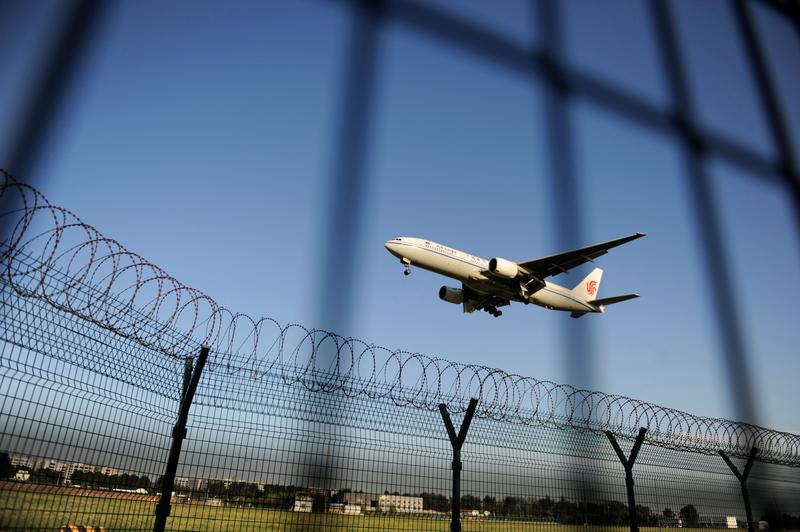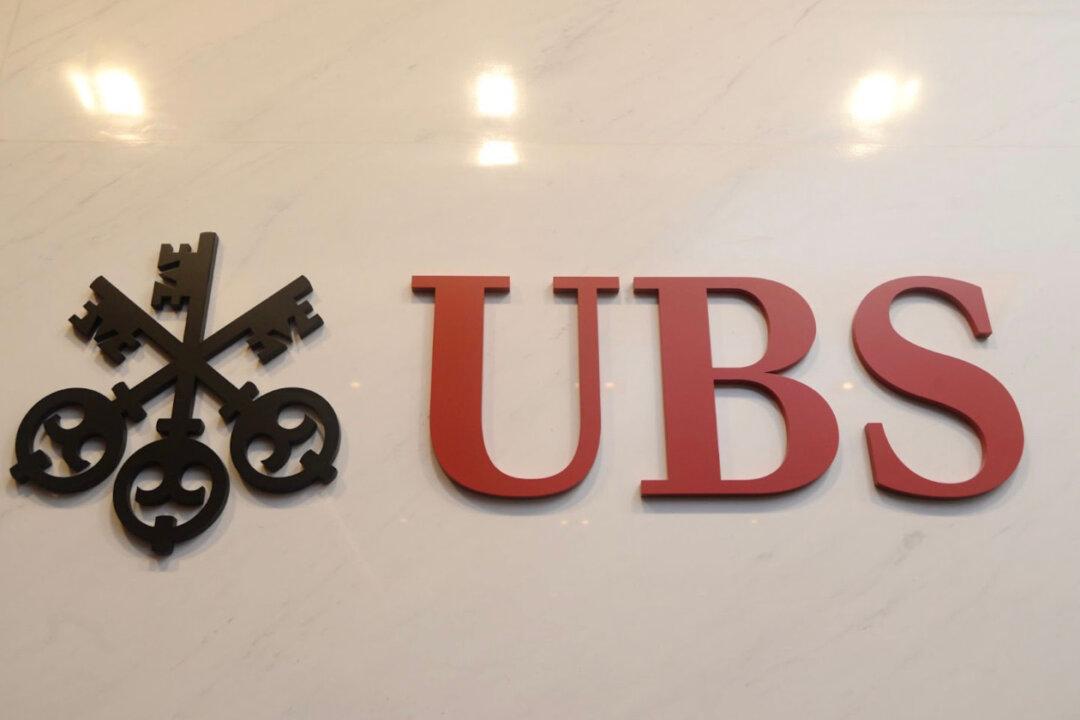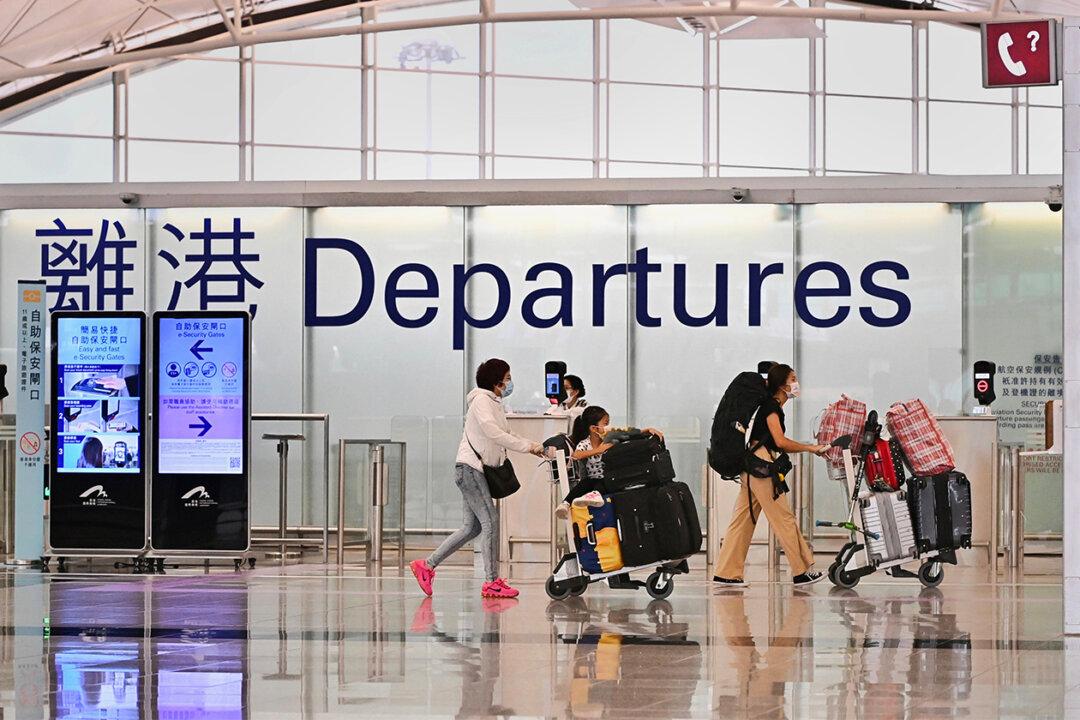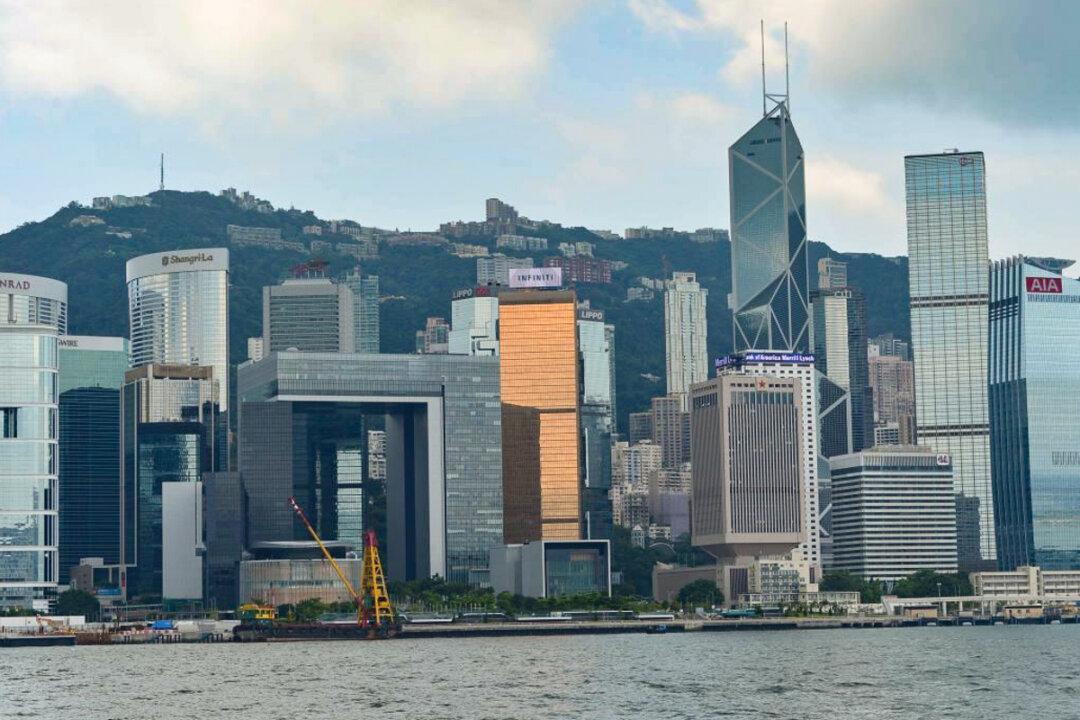Following the 20th National Congress of the Communist Party, Chinese stocks immediately witnessed a round of plummeting in value. Together with this deep drop in stock prices is a similar depletion of the wealth of China’s richest. According to statistics, the wealth of China’s richest people was slashed by a staggering US$35 billion in one day. A columnist said this reflects the market’s concerns about the “regulatory wealth accumulation mechanism” proposed during the 20th National Congress of the Communist Party of China. A columnist said that as the idea of “state enterprises to grow and private businesses to retreat” is likely to persist, more and more billionaires will continue to flee China before it is too late.
Chinese Billionaires’ Worth Plummets with Stock Prices
After the change in the leadership team of the Communist Party of China was made clear, almost all financial instruments, including the Chinese and Hong Kong stock markets, the Chinese yuan, Chinese concept stocks, and the like, all plunged on Oct. 24. As a result, the wealth of Chinese billionaires has shrunk dramatically.The Hang Seng Index of Hong Kong stocks fell 1,030 points on Oct. 24, with “ATM (at-the-moment)” options trade leading to the decline in Chinese stocks. Tencent (00700) plunged 11.4 percent to close at HK$206.2 (US$26.3); Alibaba (09988) also fell 11.4 percent to HK$61.65 (US$7.9); Meituan (03690) fell most, down 14.8 percent to HK$120.6 (US$15,4).




